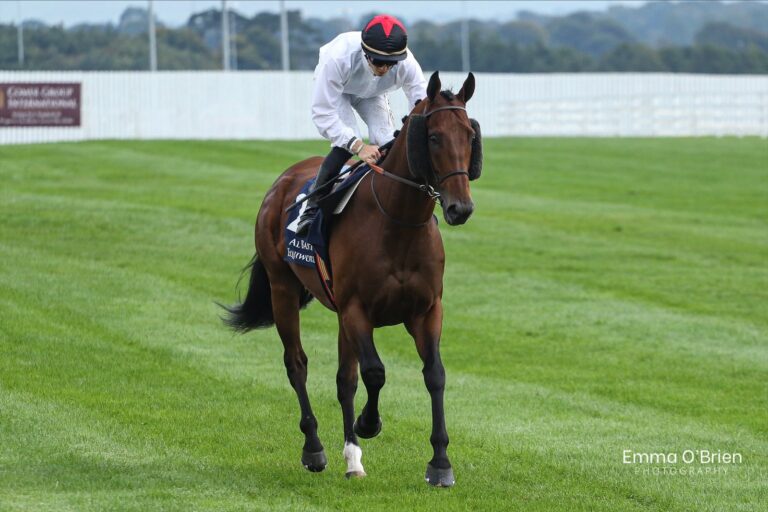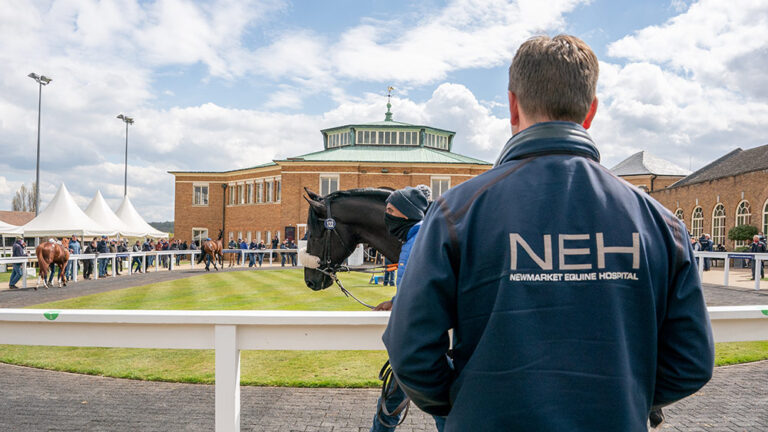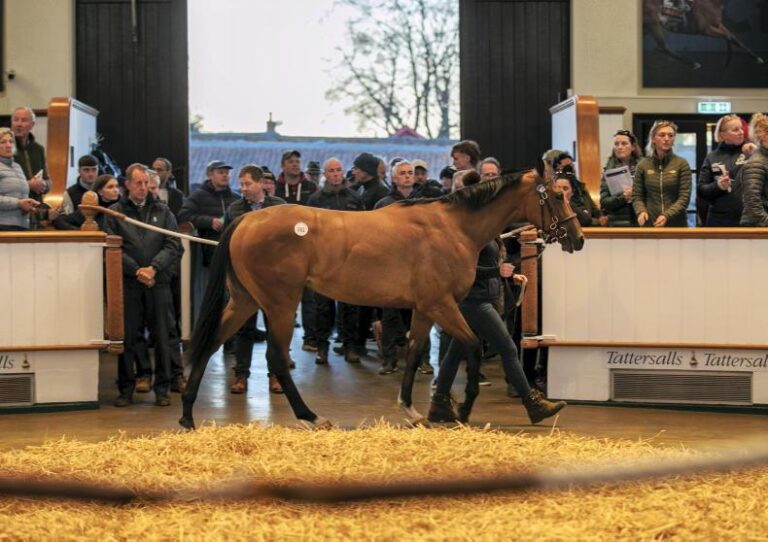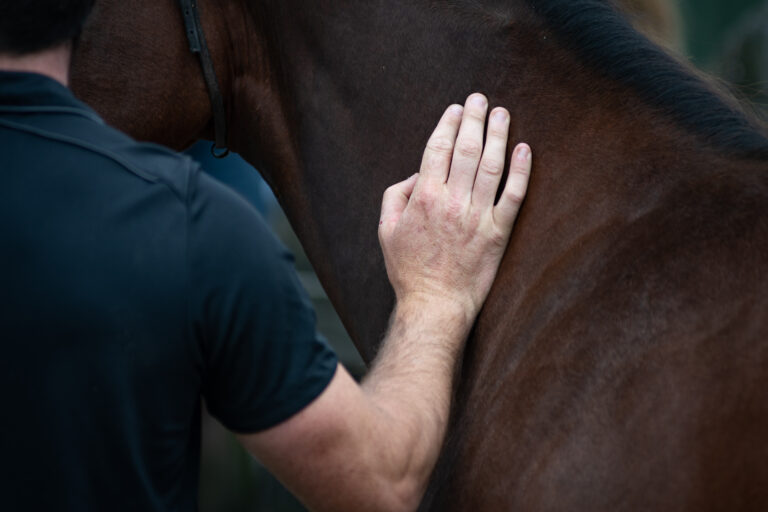Investing in racehorses involves understanding the financial aspects, including costs and potential returns. Here’s a detailed breakdown from us to help you manage expectations:
The initial cost of purchasing a racehorse can vary widely based on factors such as pedigree, conformation, and market demand. Foals and yearlings generally cost less than proven racehorses but of course, they may not produce the goods on the racecourse.
Training fees are a significant ongoing expense. Trainers charge a daily rate, which includes basic care, exercise, and feeding. Additional costs may include farrier services, veterinary care, and transport.
Regular veterinary care, including vaccinations, deworming, and routine check-ups, is essential for maintaining a horse’s health. Unexpected medical issues can also arise, adding to the overall costs.
Entering races involves paying entry fees, which can vary depending on the race’s prestige and prize money. Travel expenses, including transport and accommodation for the horse and team, also add to the costs.
Insuring your racehorse against potential risks, such as injury or death, is advisable. Insurance premiums depend on the horse’s value and the extent of coverage.
While the costs are significant, there are potential returns from race winnings, breeding opportunities, and sales. Successful racehorses can earn substantial prize money, and a successful breeding career can provide ongoing revenue.
It’s important to approach racehorse ownership with realistic financial expectations. While there are opportunities for financial returns, the primary motivation should be the enjoyment and experience of being involved in the sport.
Understanding the financial aspects of horse racing, including initial purchase costs, training and care expenses, veterinary fees, entry fees, travel costs, and insurance, is crucial for managing expectations. By being aware of these costs and potential returns, you can make informed decisions and enjoy the rewarding experience of racehorse ownership.

Evaluating a racehorse’s conformation is a critical skill that can significantly impact your success in the racing industry. At Syndicates.Racing, we prioritize this aspect to

At Syndicates.Racing, we understand that the key to a successful racehorse investment starts with a thorough pre-purchase veterinary exam. This crucial step helps us ensure

At Syndicates.Racing, understanding the pedigree of a racehorse is essential to making informed investment decisions. A pedigree page provides valuable insights into a horse’s lineage,

At Syndicates.Racing, we watch the world of horse racing continuously evolving with new technologies and methodologies to enhance the selection and training of racehorses. One

Ensuring the welfare of your racehorse is paramount to their health and performance at Syndicates.Racing. Here are some best practices to follow that you can